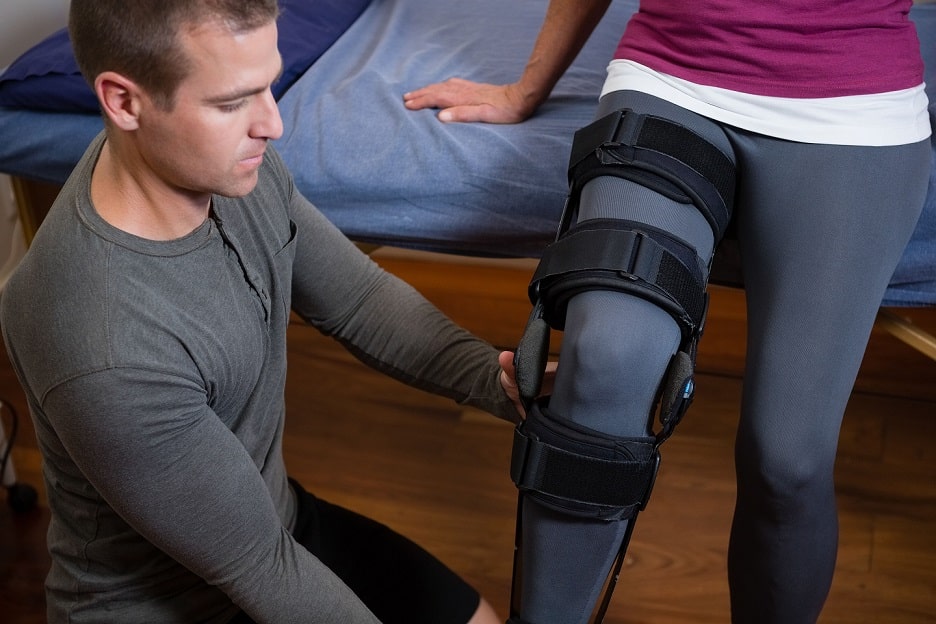 At The Injury Lawyers we deal with all types of personal injury claims. We deal with children’s personal injury claims too. In law a child is often referred to as a minor. In this blog I will attempt to explain the difference between a child’s personal injury claim and a standard personal injury claim brought by an adult. The first thing to note is that a minor is someone under the age of 18 years.
At The Injury Lawyers we deal with all types of personal injury claims. We deal with children’s personal injury claims too. In law a child is often referred to as a minor. In this blog I will attempt to explain the difference between a child’s personal injury claim and a standard personal injury claim brought by an adult. The first thing to note is that a minor is someone under the age of 18 years.
A child’s claim must commonly be brought through a litigation friend. The litigation friend must be an adult and is often a parent or guardian. The litigation friend must act in the best interests of the child at all times. The litigation friend must not have an interest in the claim. For example if a child is injured in a road traffic accident and a parent was the driver of the vehicle, that parent may not be able to act as litigation friend for the child, as they clearly have an interest in the claim. In certain situations a professional litigation friend can be appointed by the solicitor or the Courts.
The limitation period also differs in respect of children’s claims. The limitation period applies to all personal injury claims. After an accident or injury you have a window in which you can pursue a claim for injury and loss. This window is the limitation period. If the limitation period expires and you have not issued Court Proceedings on your claim, then you may lose your right to claim compensation.
In general personal injury claims such as road traffic accidents, the limitation period expires 3 years from the date of the accident itself. Some other different types of cases are subject to different limitation rules. When a child has sustained injury as a result of a road traffic accident for example, limitation does not expire until 3 years after the child’s 18th birthday. However, in terms of bringing a claim, it is always best to start the ball rolling as soon as possible. If a number of years go by then symptoms may have resolved and in this situation it would be difficult for a medical expert to retrospectively say how the accident affected the Claimant’s life etc.
When a child’s claim is settled, the money itself is paid into the Courts funds office where it continues to gain interest until the child reaches the age of 18 years. The Court must approve all settlements when a minor is involved, even if the value of the case is low. If an offer of compensation is made for example, and the children’s litigation friend wishes to accept the offer, they can only accept the offer “subject to Court approval.”
The Court would then decide whether it is reasonable for the claim to be settled for that amount. This is mainly to ensure that the claim is not being under settled as the litigation friend is under a duty to act in the best interests of the Claimant.
You may have heard of the term “Parental Indemnity“. The insurers of the other driver may indeed suggest that the claim be settled under parental indemnity rather than going through Court approval. We could never recommend this as it leaves you open to action if the money is not properly invested or if you settled the claim for an amount which was considered too low etc.
Going through the Courts a Judge would not allow the claim to be settled if the amount was too low. If the amount of compensation on offer was too low the Judge would make the Defendant increase the offer until it was considered a reasonable amount. Accepting an offer by way of parental indemnity is also against the Civil Procedure Rules 21.10 which makes it clear that “no settlement, compromise or payment shall be valid without the approval of the court.”
We can deal with claims for minors, in the vast majority of cases a parent or guardian would be able to act as a litigation friend. To discuss a claim for yourself or your child, please do not hesitate to call us on 0800 634 75 75.

 At
At 









